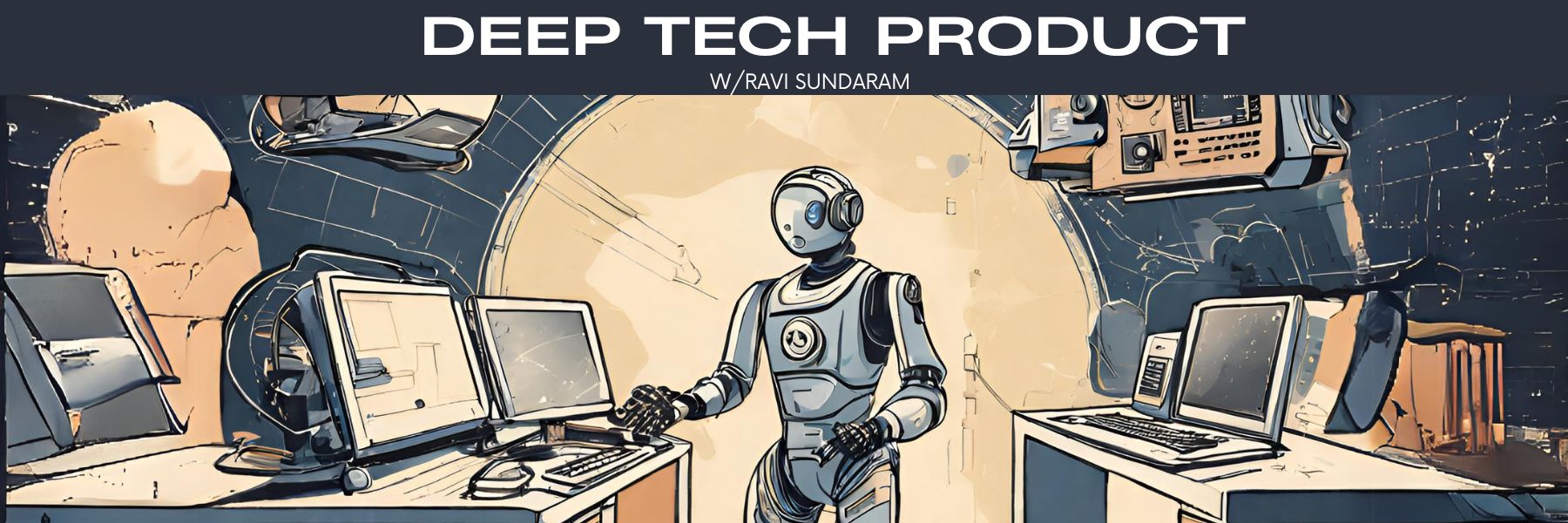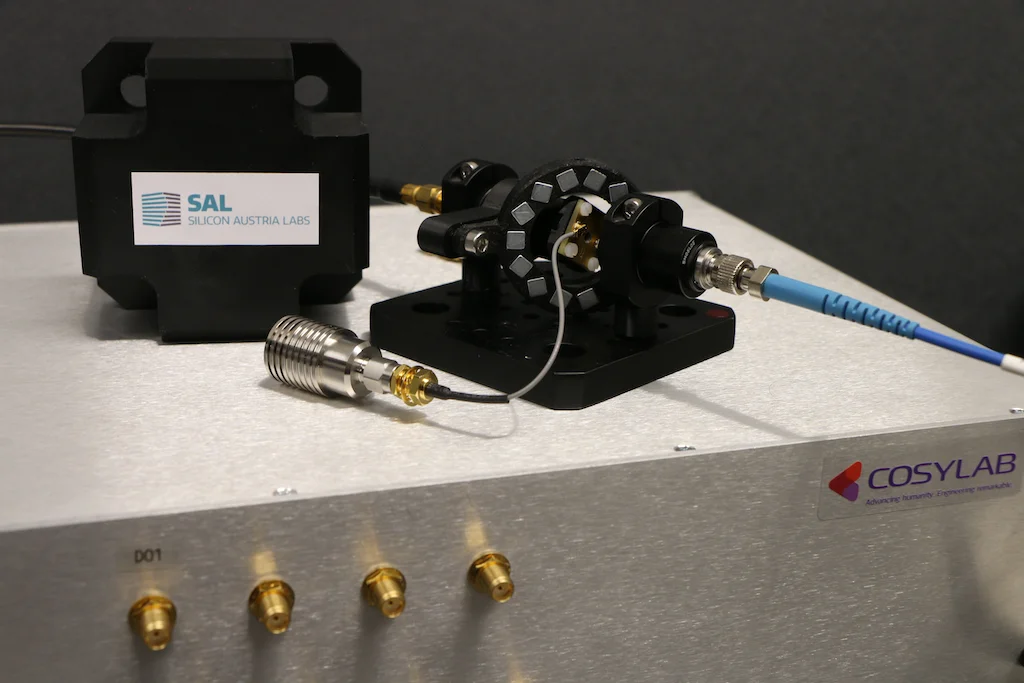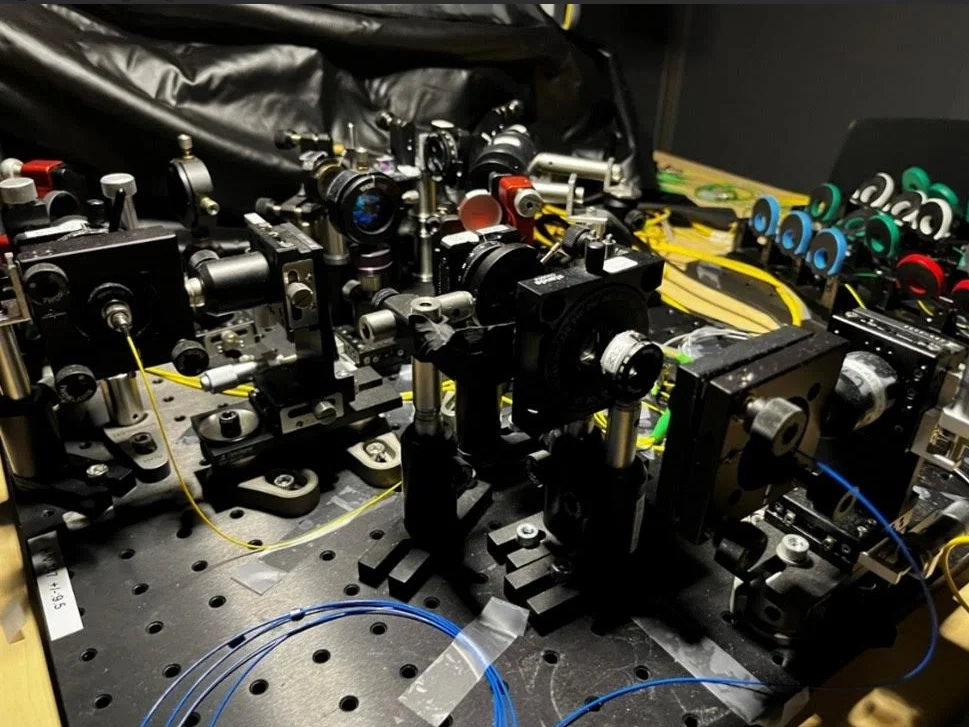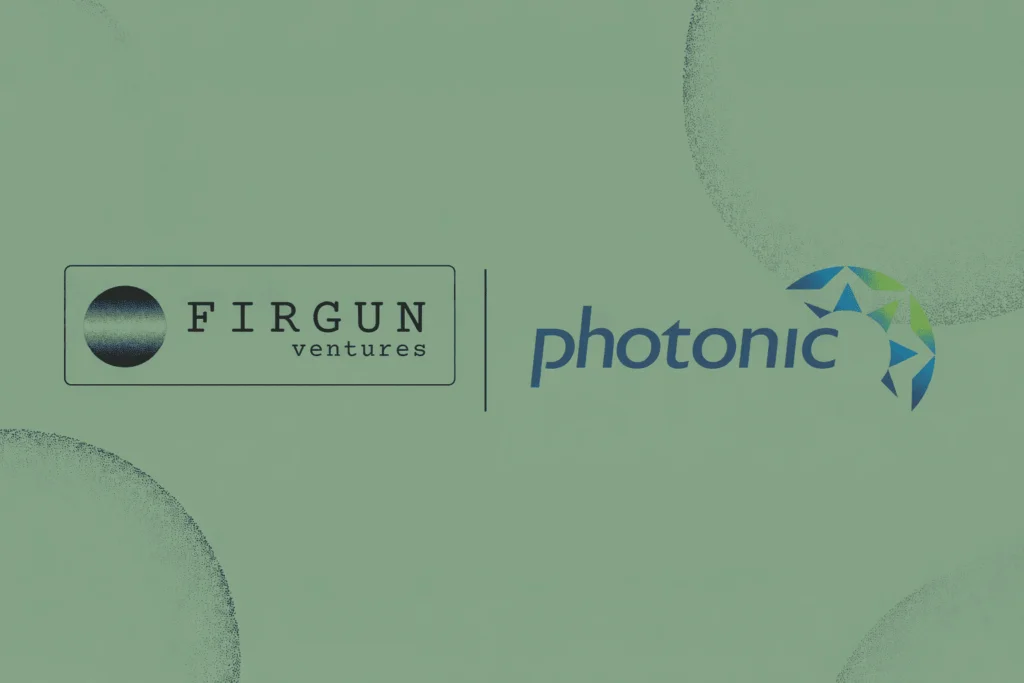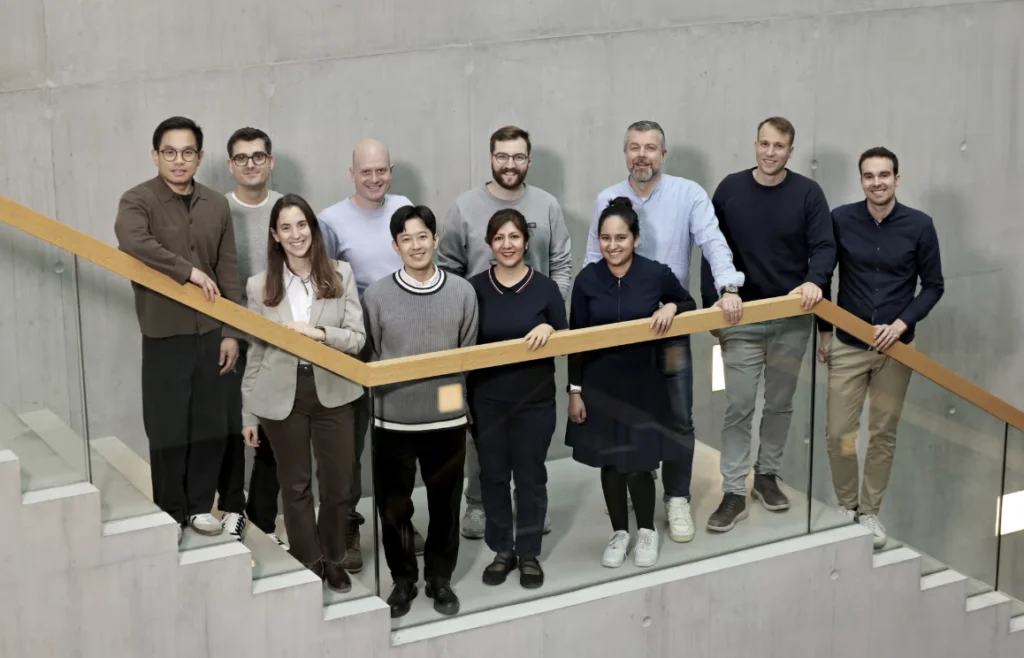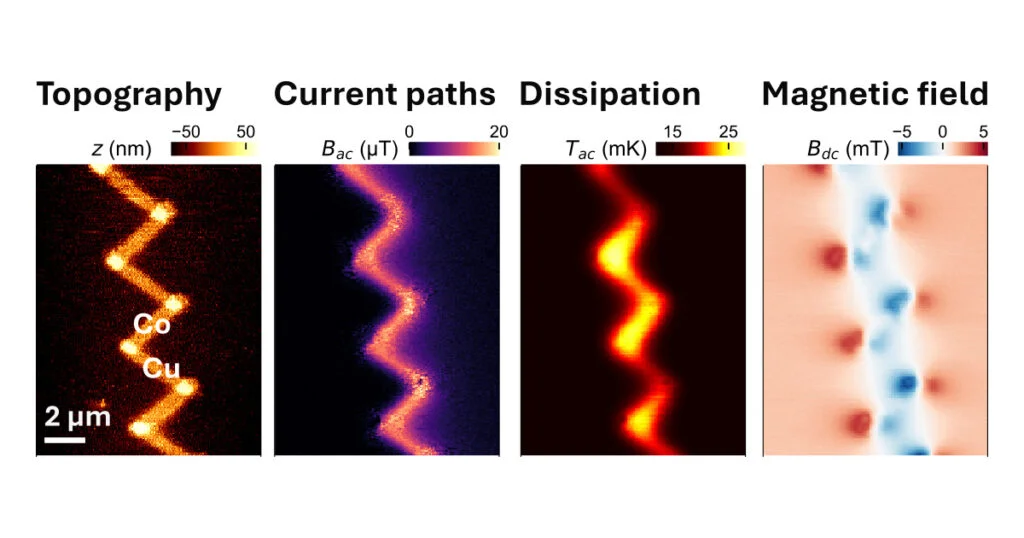Navigating the complex world of deep tech requires a special set of product management skills. From understanding highly technical details to aligning research and engineering teams, deep tech PMs must blend business savvy with scientific expertise. This podcast explores the unique challenges and opportunities of managing products on the cutting edge. Learn how leaders steer emerging technologies from lab to market, handle lengthy development cycles, gain customer insights despite limited data, and sell the promise of innovation. Whether biotech, quantum computing, AI, or beyond, discover how product leaders can successfully build the future.
In this first episode of Deep Dive, we delve into the world of deep tech product management with Blaise Vignon, Chief Product Officer at Alice&Bob, a French company driving the development of quantum computers. Blaise shares his insights on the unique challenges of turning cutting-edge research into successful products in the complex and rapidly evolving landscape of deep tech. He discusses the need for a robust “Innovation Factory” process that bridges the gap between scientists and engineers, fostering collaboration and ensuring efficient product development.

Prefer listening? …….Audio versions on Apple podcasts, Spotify.
Subscribe to the newsletter and join the community for free :https://deeptechsyndicate.substack.com/
We cover the following topics:
• What are the unique challenges of product management in deep tech compared to traditional tech sectors?
• Can you elaborate on the “Science vs. Innovation Factory” process and its role in deep tech?
• How do you navigate the tension between the free-spirited nature of scientific research and the need for a focused product vision?
• What are some unconventional metrics you use to measure success in the early stages of deep tech product development?
• What are the most important non technical skills required for product management in deep tech?
Don’t forget to like and subscribe for more insightful conversations on deep tech product management!
Key Takeaways:
Challenges of Deep Tech Product Management:
- Balancing Exploration vs. Delivery: Deep Tech involves ongoing scientific exploration, but product development requires focus and a roadmap. Agile methodologies for software development need adaptation for Deep Tech hardware with longer cycles.
- Managing Scientists and Engineers: Balancing the creativity and freedom of scientists with the need for process and focus on a roadmap can be challenging.
Solutions and Best Practices:
- Lean Principles: Adapting Lean principles for Deep Tech can help optimize processes and minimize waste. This includes minimizing engineering time wasted due to inefficiencies.
- Pull-Based System: Instead of pushing out chip designs for fabrication, a pull-based system can be implemented where engineers can request chip production based on specific needs.
- Rapid Iteration Cycles: Frequent measurement and evaluation of the development pipeline allow for course correction and improvement.
- Leveraging Existing Rhythms: Aligning the process with existing company rhythms, like fridge cool-down cycles, can streamline adoption and reduce resistance to change.
- Stage-Gate Process: A four-stage process (idea, simulation, fabrication, and cold testing) with short cycles allows for rapid experimentation and efficient use of resources.
- Metrics and Measurement: While traditional software development metrics might be noisy in Deep Tech, tracking process efficiency, tool usage, and impact on researchers can indicate success.
Deep tech PM skills:
- Deep Tech PM as a Facilitator: Deep Tech product managers have limited direct power and rely on persuasion and coaching to influence teams.
- Coaching Mentality: A product manager’s role is to coach the team by providing guidance and removing roadblocks that hinder progress.
- Value of Communication: Maintaining open communication and avoiding bureaucracy is crucial for process adoption.
Resources:
- Blaise’s Blog: https://alice-bob.com/blog/deeptech-motion-transform-a-research-lab-into-an-innovation-factory/
- Book recommendation : The Goal by Eliyahu M. Goldratt : https://amzn.eu/d/cnJB8sg –
- Ravi’s Linkedin: https://www.linkedin.com/in/sundaramravi/
Brought to you by:
- Deep Tech Syndicate— A community of product leaders in deep tech , join us today! https://deeptechsyndicate.substack.com/
With support from :
- The Quantum Insider- the world’s leading database on quantum investments and market activity. TQI provides insightful data and analysis to navigate the rapidly evolving quantum landscape. Visit https://thequantuminsider.com/ to learn more
For inquiries about sponsoring/supporting the podcast, email: deeptech.syndicate@gmail.com
Time stamps :
(00:00) Teaser
(00:47) Podcast Intro
(01:25) Blaise’ Intro
(02:26) Why a different product development approach is needed ?
(05:20) Core principles of lean for deep tech
(07:43) Why was it important to change the existing process at Alice&Bob
(09:00) Finding and leveraging the rhythm of Agile
(13:11) Blaise’s deep tech motion process for deep tech product development
(17:28) Managing the scientific ‘free spirit’ vs a product factory
(22:10) Metrics and continuous monitoring
(25:25) Role of a product manager in a deep tech team
(28:18) Skills required for a deep tech product manager
(30:20) Wrap up, Blaise’s book recommendation and deep tech trends
(33:28) Outro and links to join the deep tech product community
If you found this article to be informative, you can explore more current quantum news here, exclusives, interviews, and podcasts.

